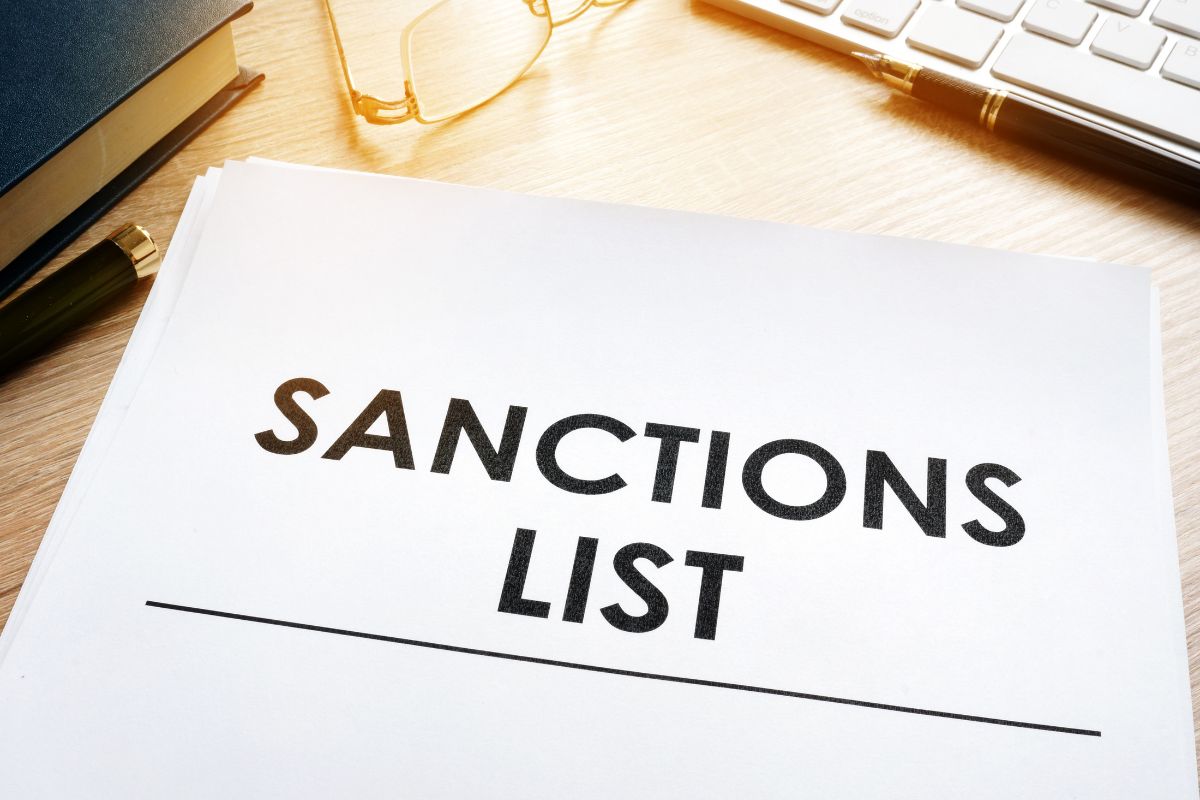

Sanctions screening plays a pivotal role in the compliance strategies of organizations operating within the global financial landscape. It’s a critical process designed to prevent businesses from inadvertently engaging in transactions with individuals, entities, or countries that are subject to international sanctions. Through meticulous vetting against updated sanctions lists, companies ensure they adhere to legal obligations and avoid the severe consequences of non-compliance, such as financial penalties and reputational damage. Effective sanctions screening is not just about regulatory adherence; it also reflects an organization’s commitment to global security and ethical business practices, safeguarding it from involvement in illicit activities that sanctions aim to prevent.
Sanction list guidelines are some really important tools for many businesses and financial institutions around the world. They help companies in making sure that they are following laws and regulations along with eliminating crimes and maintaining the security of the organization at an international level. But a problem that comes is that there are many misconceptions and myths moving around in the market when it comes to sanction guidelines and they leave the companies confused.
Table of Contents
One of the most important misconceptions is that sanction list guidelines are simply applicable to just banks and financial institutions. But in reality, these guidelines are not just limited to the finance sector. In fact, many other sectors like shipping, insurance as well as trade also have to perform sanction list screenings to make sure they do not work with any sanctioned business or person.
A few organizations also are of the belief that performing sanctions checks just needs to be done once. But in reality, sanctions screening is a process that doesn’t need to stop as new people and businesses are added to the sanctions lists on a daily basis and this can only be tracked with the help of ongoing monitoring.
Many companies take sanctions screening to be just a process that compares people against lists. but this is not it when we talk about reality. When a business performs sanction screening, they compare their client data with sanctions lists that are very detailed and also contain transliterations. With the help of advanced technology, even the risk of false positives can be reduced.
Another normal misinterpretation is that global sanction screening principles are the same across all different locations. But this is not correct. Every country has its own sanctions list and regulatory needs. Therefore, it is important for businesses working on an international level to understand different lists and guidelines in order to operate smoothly.
While many organizations depend on sanction screening services to improve their compliance measures, it is also important to note that these services cannot bring the best results on their own. They need the support of policies, processes and internal controls.
A few businesses also believe that sanction list screening is just important for high-risk exchanges or clients. However according to the regulations, they must be used for all sorts of business operations no matter what the degree of risk is. When a business fails to monitor all transactions, it puts itself at the risk of non-compliance and fines.
Some organizations take sanction compliance programs as not compulsory when they are actually important parts of risk management as well as regulatory compliance. By making use of sanction compliance programs, businesses can show that they follow the law and that their practices are ethical.
Small businesses in many cases think that they are free from sanctions screening requirements as they are small in size and are not working on the global level. But what’s important to remember is that sanctions screening is a must have for all businesses no matter what their size is.
A huge reason why businesses think that screening doesn’t work is because they ignore the human factor. No matter how advanced the technologies become, humans and their skills cannot be replaced. Therefore, to understand the results of screening, it is important to have a human force for effective sanctions compliance.
Some companies believe that sanction lists stay the same with no changes or updates. But this is wrong! Sanction lists keep on changing and are very dynamic in nature. Whenever any new threat or risk develops, it is updated in the lists therefore it is important for businesses to stay up to date with them to eliminate risks effectively.
Understanding the real factors behind the misconceptions that surround sanctions lists guidelines is very important for businesses who want to comply and get rid of risks. So break free from these myths and explore the sanctions list screening services.
Sign up to receive our email, delivering the latest stories straight to your inbox.
